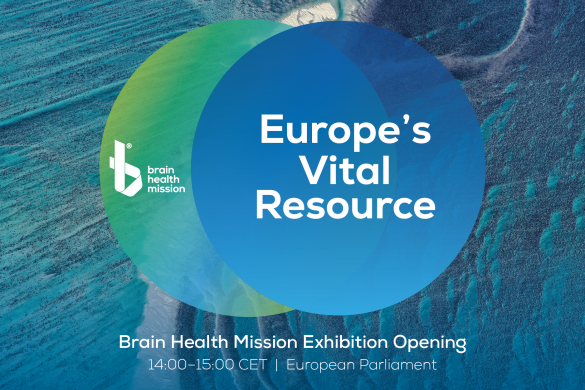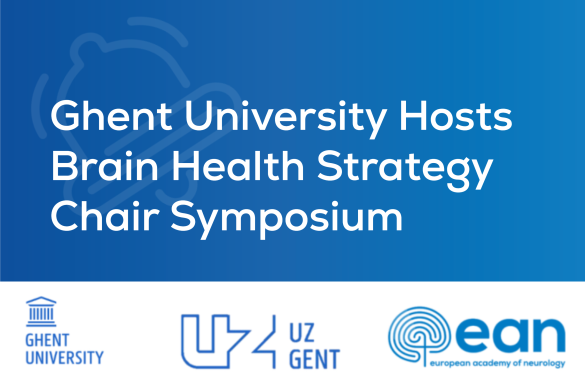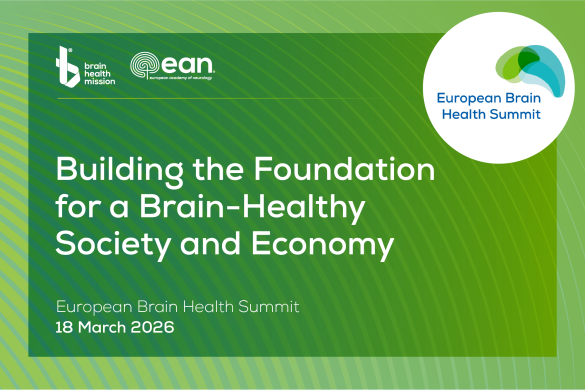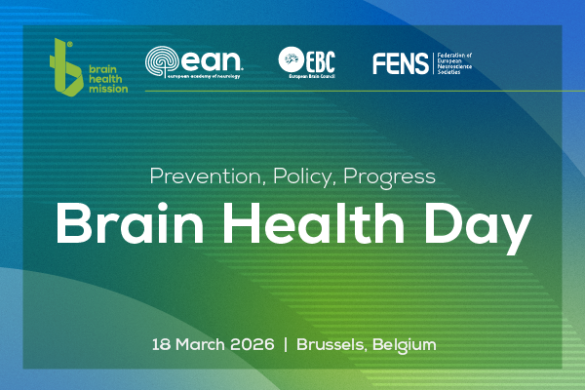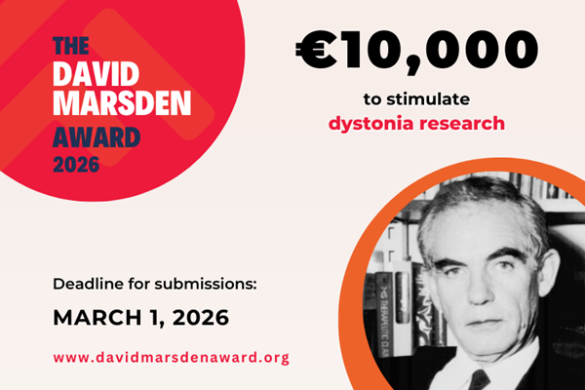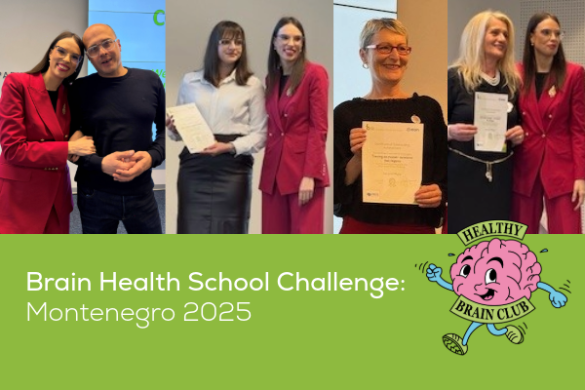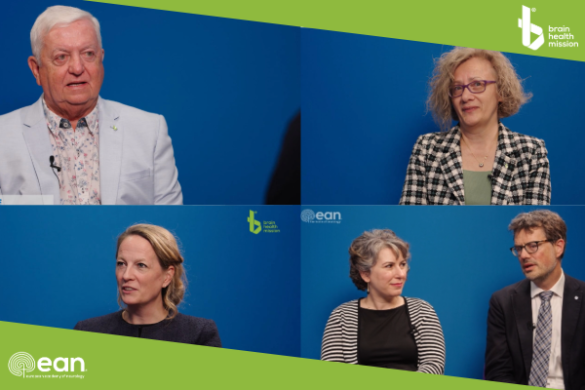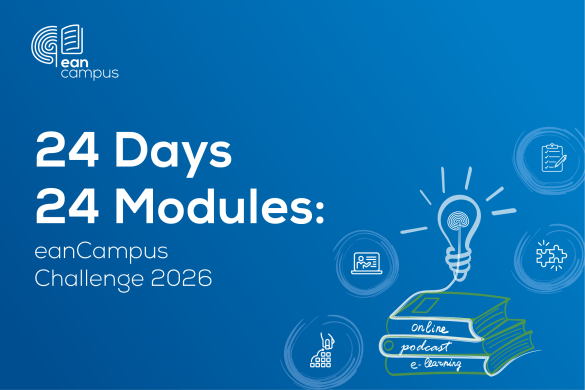by Mélisande Rouger
Representatives from key organisations in neurology detailed their actions for a European advocacy in the brain space in a Studio Session held on the third day of EAN 2023.
Prof. Suzanne Dixon, President of the European Brain Council (EBC), presented her group, an umbrella organisation that brings together European stakeholders that all ‘have a passion for the brain.’
“The EBC comprises nine member organisations. Two are patient groups, and the other seven represent the research community, including the EAN and those working in mental health,” she told moderator Conny Lee and EAN Past President and EBC Vice President, Prof. Claudio Bassetti from Bern, Switzerland.
The EBC holds regular meetings and has dedicated representatives from national brain councils and the industry.
“There are 179 million people living with a brain disorder in Europe today,” she said. “We have a severe problem and we need to act. This does not just impact patients and carers, but also places a very high socioeconomic burden on society.”
Speaking with one voice
Something needs to be done, she continued. “For many of these disorders, we lack good and effective treatment. Increasing these opportunities for research and innovation is very high on our agenda. Our mission therefore is to promote and advocate for brain research, both neurological and mental disorders, and we’re advocating on behalf of patients at European level.”
The EBC is working on increasing awareness and fostering dialogue between stakeholders to accelerate investment in innovation and research.
The organisation was established in 2002 and over the past two decades it has grown to include a very extensive contact database.
“We want to speak with one voice […] the individual funding organisations were all trying to do their advocacy, reaching out to the commission,” she said. “But it’s hard to meet politicians. If you have a common goal that all these organisations would support, it’s great to have one voice and one representative.”
Dixon then mentioned some of the ongoing activities of the EBC. In 2015-2016 the organisation wrote a consensus statement.
“We were outlining research priorities for Europe and trying to feed information into the EU,” she said. “This led to important publications such as a consensus on the cost of disease. That has implications for the care pathway for patients.”
In parallel, the EBC is also leading a project on the value of a treatment. “Looking at cost burden versus value of treatment, you can see there is a gap and that encourages investment in patient care and outcome.”
The EBC is also coordinating activities that are more related to research and innovation, for example the European brain research area (EBRA), a common platform that brings all stakeholders to a common table, to better understand diseases of the brain and their treatment.
“We want to translate that knowledge into new breakthroughs that can really help the patient,” she said.
The Re-Thinking series, which is a follow-on from the value of treatment studies, offers to rethink diseases such as migraine, schizophrenia and multiple sclerosis. “Our target audiences are those involved in policies, to tell them where we’re at.”
The Brain Innovation Days will take place on 26-27 October and are meant to be a platform where the community can interact with innovators.
The EBC is also leading a global partnership in brain research, to move its activities outside of Europe and to a broader scale.
On the patients’ side
Dr Orla Gavin, Executive Director of the European Federation of Neurological Associations (EFNA), presented her umbrella organisation for other neurology groups.
“We advocate support for patients and caregivers, and provide educational and informational tools,” she said.
EFNA works to support patient involvement. “It’s been over 20 years since the aspirational sentiment of ‘no decision about me without me’ came to life,” she said. “It has become an integral part at the EU level and has an impact on both patients and caregivers of those living with neurological conditions.”
Patients are taken more seriously at the European level. “We also have increasing requests for patient support across our industry board.”
There’s a disparity across Europe, and only nine countries across the EU have patients involved in health technology assessment (HTA) processes.
“This relates to accessibility to therapeutics for those living with neurological conditions,” she said.
This point is critical to the patient community, according to Gavin. “We know from a study last year that only one in five of those with a neurological condition have access to a therapeutic intervention that satisfactorily manages their condition,” she said.
According to the study, 80% of people surveyed said they could not manage their condition properly; 31% cited issues with efficacy, 21% issues around affordability, and 27% indicated no availability at all.
“That means it simply does not exist. Disease mechanisms and pathways are not understood.”
In the brain health space, it is necessary to cooperate and work together, she insisted. “A rising tide lifts all ships,” she concluded.




